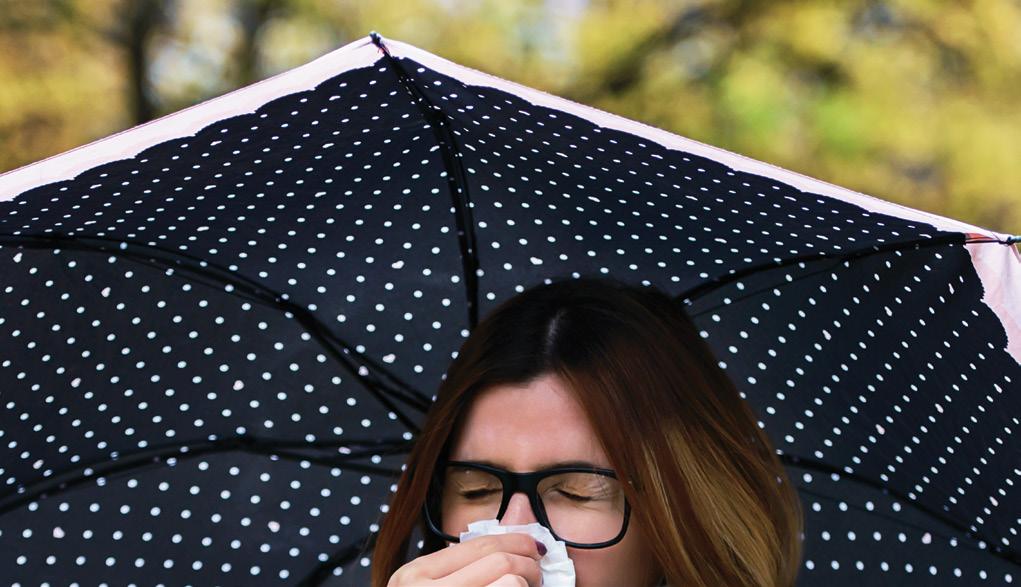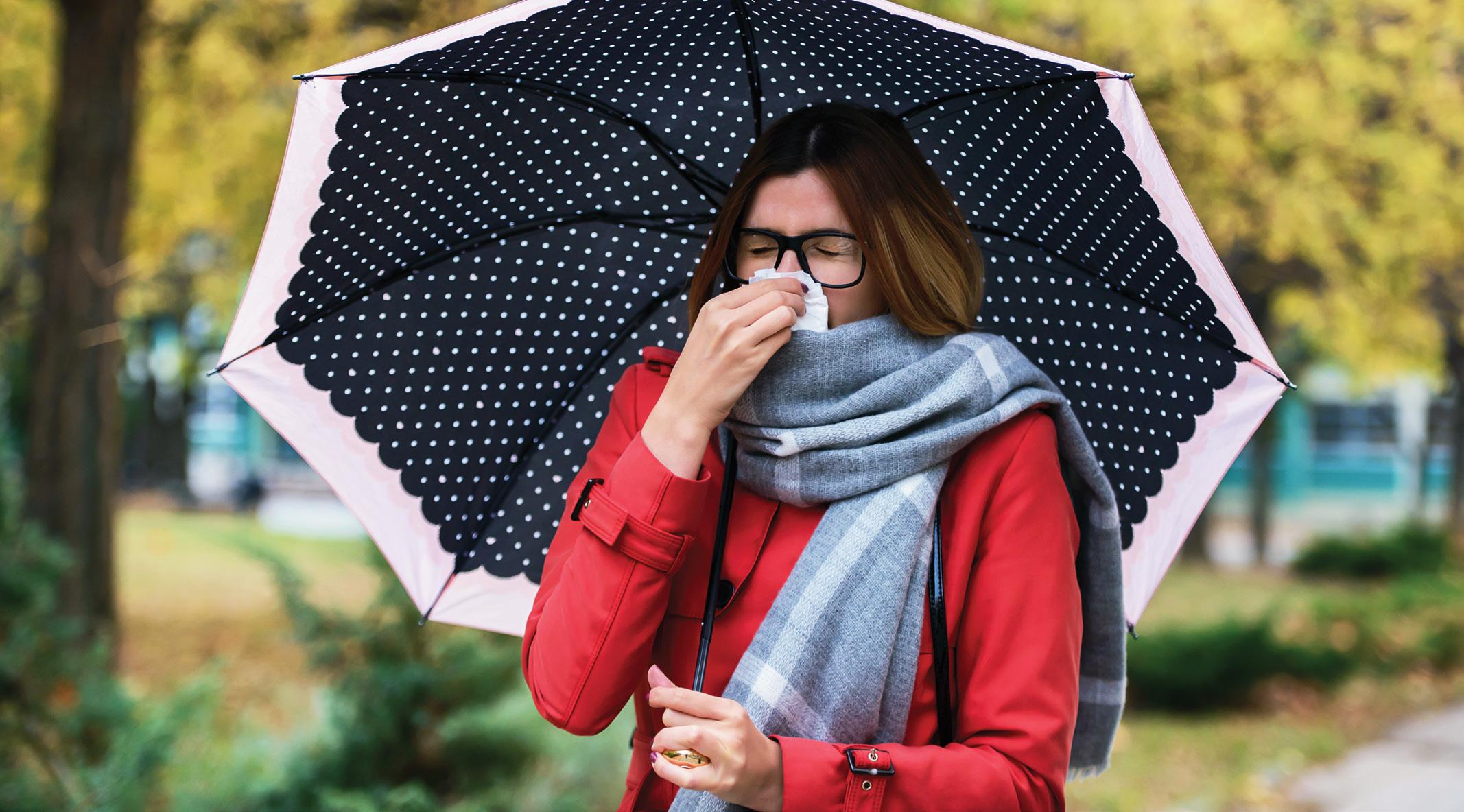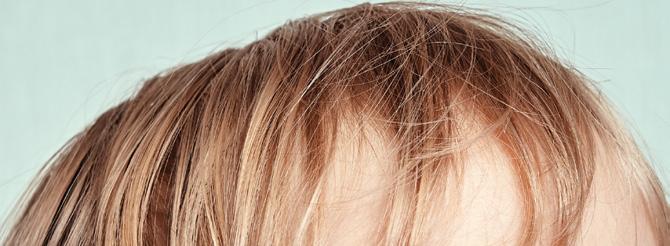
3 minute read
AUTUMN TIPS FOR HAY FEVER

Keep your patients sneeze and wheeze-free this autumn
Advertisement
Just when everyone’s gotten used to their summer routine the temperature dips slightly and before we know it, it’s time to start thinking about how to keep autumn allergies at bay. But the good news for patients is if they start planning now, their allergy symptoms will likely be much less severe, and they’ll be able to enjoy the beauty the autumn season brings.
“Autumn can arrive with bad allergy symptoms,” said allergist Dr Bradley Chipps, president of the American College of Allergy, Asthma, and Immunology. “Many people don’t realise if they spend time preparing now, they won’t get hit as hard with sneezing, runny noses, and itchy eyes when autumn allergies descend with full force. It’s a matter of planning ahead for what you know is coming based on your past experiences.”
FOUR PRACTICAL TIPS TO HELP PATIENTS KEEP AUTUMN ALLERGIES AT BAY
1. IT ISN’T COLD ENOUGH TO BE AUTUMN
The coming of autumn doesn’t automatically mean cool weather. With global warming, unseasonably warm weather for longer periods of time is no longer a rare occurrence. Mild temperatures along with rain can promote plant and pollen growth, while wind accompanying rainfall can stir pollen and mould into the air, heightening symptoms for autumn allergy sufferers. Because autumn allergies may start earlier and last longer, it’s important for patients to begin taking their allergy medications at least two weeks before their symptoms normally start. And they shouldn’t stop their medications until pollen counts have been down for about two weeks – usually after the first frost.
2. BEAUTIFUL LEAVES + MOULD = MISERY
Autumn leaves may be gorgeous, but once they’ve fallen, they begin to gather mould, an allergen that thrives in autumn. In addition to leaves, mould can be found anywhere there is water – including in the backyard, in a field of uncut grass, and in clogged gutters. For patients allergic to mould, the key to reducing it is moisture control. Explain that they need to clean standing water anywhere they find it. They can also help ward off mould by cleaning gutters regularly and keeping home humidity below 60%.
3. ALLERGIES AND SCHOOL
If a child suddenly seems to have a constant runny nose, itchy eyes, a cough, and sneezing, they could be dealing with allergens in their classroom. Children can be allergic to dust in classrooms, or there might be pollen coming in through open windows. And don’t forget about mould – often found in bathrooms and locker rooms – as well as dander from pets that other children may bring in on clothing and backpacks. If a child seems to have symptoms that came on around the time school started, encourage parents to make an appointment with an allergist. An allergist can set their child on the right track, for the long term, to handle their allergies or asthma.
4. DODGING POLLEN MEANS DODGING SYMPTOMS
Whether it’s ragweed, which is autumn’s most prominent pollen, or another type, keeping pollen out of their life means patients will experience fewer allergy symptoms. Some simple “housekeeping” tips can help. When they come in from outside, patients should safeguard against pollen coming in with them. Simple steps would be to leave their shoes at the door and throw clothes in the washing machine. Showering and washing hair in the evening before bed will ensure they’re not sleeping with pollen, getting it on their pillow and in their nose. If possible, recommend patients keep windows closed in both their home and car and instead run the air-conditioner. They should also monitor pollen and mould counts online to determine when it’s best to stay inside. PM






